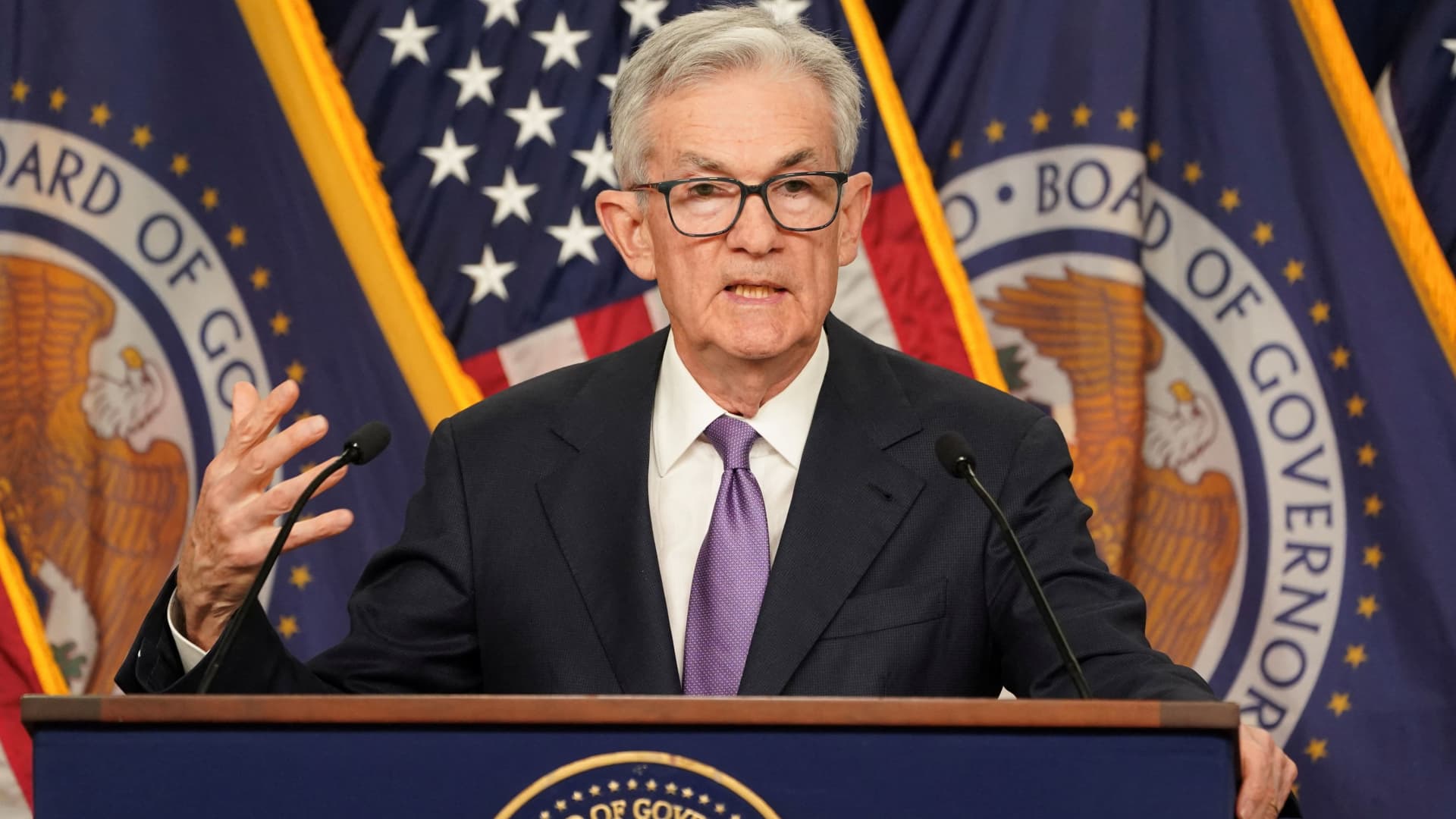
Jelena McWilliams, Chairwoman of the Federal Deposit Insurance Corporation (FDIC), during a hearing of the Senate Committee on Banking, Housing and Urban Affairs on Tuesday, August 3, 2021 in Washington, DC, USA.
Al Drago | Bloomberg | Getty Images
According to Synapse’s court-appointed receiver, there is an $85 million deficit between the holdings of fintech middleman Synapse’s partner banks and depositor liabilities.
Customers of fintech companies that used Synapse to connect with banks had $265 million in balances. But the banks themselves only had $180 million tied to those accounts, trustee Jelena McWilliams said in a report filed late Thursday.
The lack of funds is at the heart of the worst collapse in the U.S. fintech sector since it emerged in the years following the 2008 financial crisis. More than 100,000 customers of a variety of fintech companies were lost following the failure of Synapse, a startup backed by Andreessen Horowitz locked out of their savings accounts for nearly a month due to disagreements over user balances.
While Synapse and its partners, including Evolve Bank & Trust, have made accusations against each other in court filings that balances were improperly moved or false accounting was kept, McWilliams’ report is the first outside attempt to determine the extent of missing funds in this mess.
A lot is unknown
Since being appointed trustee on May 24, McWilliams has worked with four banks – Evolve, American Bank, AMG National Trust and Lineage Bank – to reconcile their various accounts so customers could regain access to their funds.
But banks need much more information to complete the project, including understanding how a Synapse brokerage and lending deal might have affected cash flows, McWilliams said. She said Synapse appeared to have mixed funds between multiple institutions and used multiple banks to serve the same companies.
What’s worse: It’s still unclear what happened to the missing funds, she said.
“The cause of the deficit, including whether end-user funds and negative balance accounts were moved between partner banks in a manner that increased or decreased the respective deficits that may have existed at each partner bank at a prior time, is not known at this time.” , McWilliams wrote.
McWilliams, a former chairman of the Federal Deposit Insurance Corporation and current partner at the Cravath law firm, did not respond to requests for comment.
Spread the pain
McWilliams’ task was made more difficult because there were no funds to pay outside forensics firms or even former Synapse employees for their help, she said in her report. Synapse laid off the last of its employees on May 24th.
Still, some customers whose funds were held at banks in so-called demand deposit accounts have already been given access to accounts, she said.
But users whose funds have been pooled together in a shared manner, called For Benefit of or FBO accounts, will have a harder time getting their money. A full reconciliation will take weeks, she said.
In her report, McWilliams laid out several options for Judge Martin Barash to consider at a hearing Friday to allow at least some FBO customers to regain access to their funds.
Options include paying some customers in full and delaying payments to others depending on whether individual FBO accounts have been reconciled. Another option would be to distribute the shortfall evenly among all customers in order to make limited funds available sooner.
“This is a crisis”
At the start of Friday’s public hearing, McWilliams told Barash that their recommendation is that all FBO customers receive partial payments, which will “partially mitigate the impact on end users who currently do not have access to their funds,” while at the same time reserve for later payments.
But comments from Barash cast doubt on what would happen next.
While thanking McWilliams profusely for her work, the judge said he was “struggling with” “what I can do and how I can help.”
The case is “uncharted territory” and since depositors’ funds are not the property of Synapse’s assets, it is not clear what the bankruptcy court can do, Barash said.
“This is a crisis and I would like to see a solution, but I’m not sure if people are looking for court orders and what I can provide in terms of court orders,” Barash said.
Don’t miss these exclusives from CNBC PRO
Source link
2024-06-07 21:34:08
www.cnbc.com















